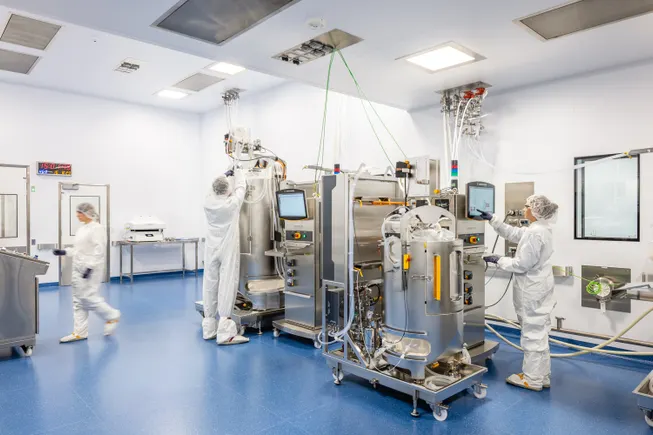In the ever-changing world of biopharmaceuticals, the importance of integrating robust digital systems cannot be overstated. With the increasing demand for complex medicines like cell therapies, biologics, and sterile injectables, it is crucial for companies to have agile, transparent, and data-rich manufacturing environments to efficiently bring innovative therapies to market.
CDMOs are under pressure to commit to digital transformation in order to meet the growing demand for development and manufacturing services. Improving operational efficiency in biomanufacturing is essential for expediting the delivery of medicines to patients, and seamless integration across domains should be a top priority.
One way companies are leveraging digital solutions is through cloud-based platforms. Traditional tech transfer processes in CDMOs can present challenges with consumable inventory management, data provenance, and cost recovery. By partnering with Amazon Web Services (AWS), companies like Resilience have been able to build lab supply chain tracking platforms that automate transactions between systems. This not only streamlines workflows but also provides traceability for orders and helps in tracking spend more accurately.
Building a unified data ecosystem is also key in enhancing operational efficiency. Resilience’s data strategy includes a robust platform that supports data processing and streamlines communications between various departments. This platform interconnects data products across different domains, enabling real-time reporting and reducing human error by eliminating manual data transfer. Clients can also remotely access their data and integrate it into their own systems, providing transparency and centralized visibility.
The real-world impact of these digital initiatives is evident in the enhancement of clinical outcomes. By monitoring critical quality attributes in real-time and using automated alerts for deviations, companies like Resilience can prevent batch failures and provide actionable feedback for process improvement. This proactive approach not only ensures regulatory compliance but also ultimately improves patient access to innovative therapies.
In conclusion, the integration of robust digital systems in biopharmaceutical manufacturing is no longer a choice but a necessity. By embracing digital transformation, companies can enhance operational efficiency, ensure regulatory compliance, and improve clinical outcomes. As the industry continues to evolve, leveraging advanced data platforms and cloud-based solutions will be crucial in bringing innovative therapies to patients.


